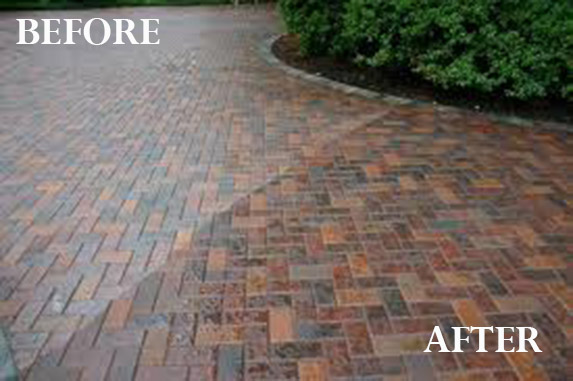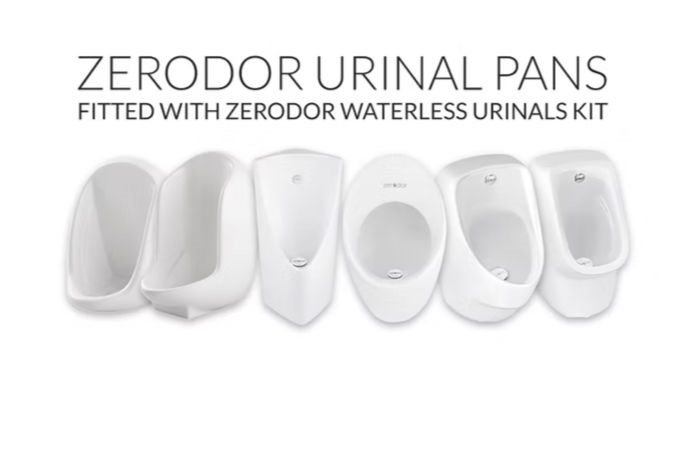Because of the sheer number of capillary pores all the natural stones are porous in nature. The liquids and gases can move around in these pores. There are different kinds of natural stones that have pores in it like limestone, marble, travertine, granite, and slate. Although these stones are porous but still act like hard sponge and can soak minerals, dissolved salts and liquids with a period of time. Among all, sandstone is known to be very porous as it absorbs liquids very quickly. Whereas the dense igneous stones like granites are less porous in nature and take hours to absorb the water based liquids and oils.

Natural stones are very durable, have good strength, and insulating property so they are used at variety of places around the home as well as public areas. Some of the natural stones that can be placed around home are limestone, sand stone and marbles.
To prevent the stones from getting damaged it is good to use stone sealers to prevent staining and damaging of the stones.
Long back during ancient Roman times, olive oils were used to seal sandstone and natural stones. Olive oils were quite good at providing protection against the weathering from the elements. After that during the renaissance period, the European decided to use some sealers made of egg whites and natural resins. These stone sealers are clear in color and provide a protective layer to the stones. It also hardened the stone.
Today, there are three types of modern stone sealers available in the market:
1. Topical sealers
A topical sealer is very good in preventing stains. The only drawback of this sealer is that when this sealer is exposed on the surface of the material it has chances to wear out quickly. When the flooring is used frequently there are also chances that the stone wears out quickly. The look of the stone also changes when the stone is wet. Water vapors are unable to escape from these tropical sealers and are not effective against salt crystallization on the surface.
2. Impregnating sealers
Impregnating Sealers are a kind of penetrating sealers that in filters deep into the stone and gets soaked with molecules that bond with capillary pores. The sealer repels the water and oil from within the material. Some of the silane sealers are modified and turned into impregnate deeper into the stone and protect the stone from getting salt crystallization.
3. Penetrating sealers
These sealers are breathable to a certain extent and can only allow penetration up to 1mm.these type of sealer lasts longer than the tropical sealer and do not change the appearance of the stone.



